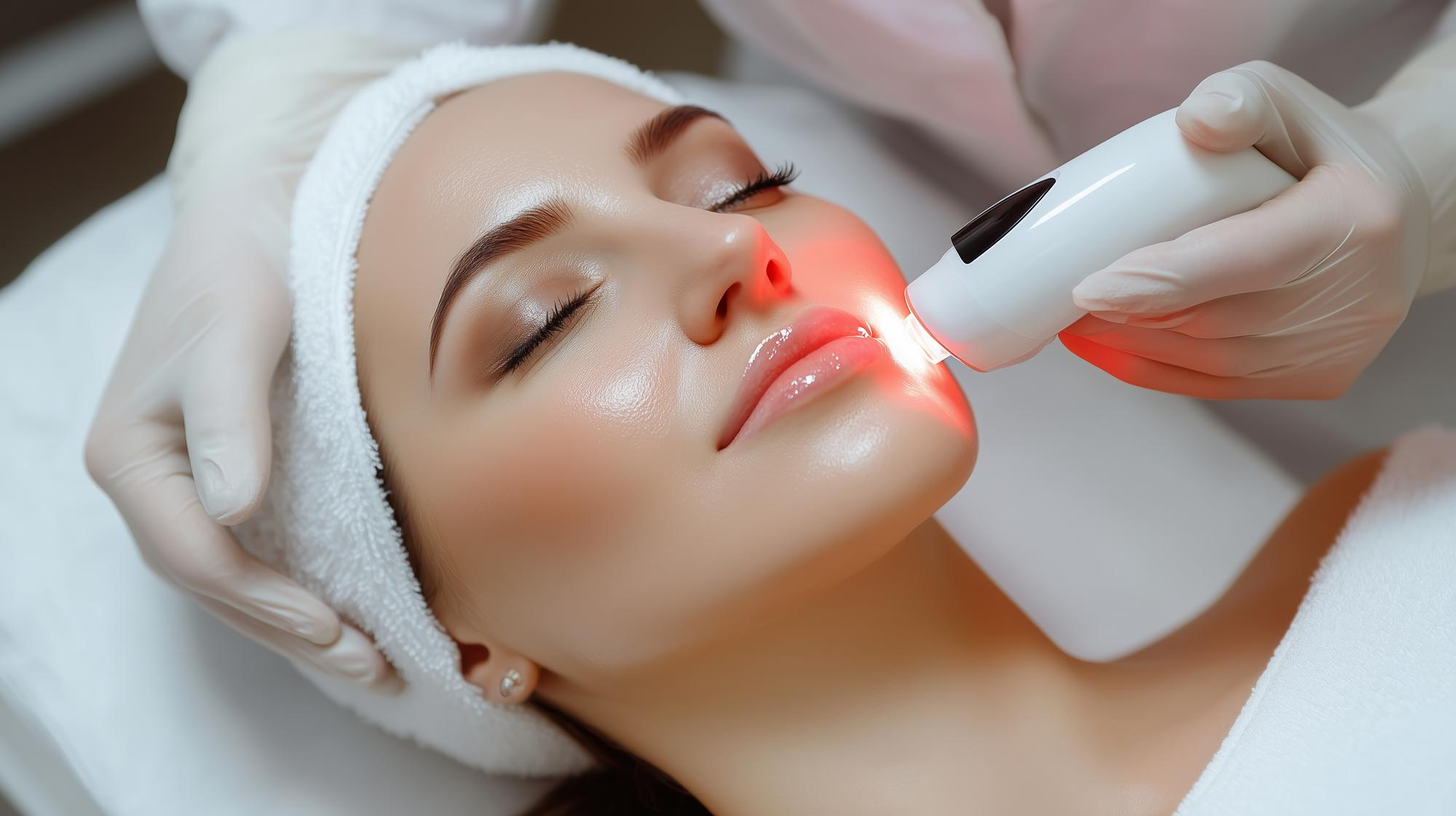Laser treatments have revolutionized the field of dermatology, offering effective solutions for a variety of skin conditions. At SkinCure Skin and Hair Clinic, I, Dr. Sandesh Patil, have seen firsthand the transformative power of laser therapy in treating everything from acne scars and pigmentation to wrinkles and unwanted hair. This blog will delve into the different types of laser treatments available and their effectiveness in addressing various skin concerns.
Understanding Laser Technology in Dermatology
Laser, which stands for Light Amplification by Stimulated Emission of Radiation, is a device that emits a concentrated beam of light. This light is absorbed by specific targets in the skin, such as pigment, blood vessels, or water, allowing precise treatment of various skin conditions. The type of laser used depends on the specific skin issue being treated.
Types of Laser Treatments
-
Ablative Lasers
Ablative lasers, such as CO2 and Erbium lasers, work by removing the outer layers of the skin. These lasers are highly effective in treating deep wrinkles, scars, and skin resurfacing. By removing the damaged skin, ablative lasers stimulate the body’s natural healing process, leading to the growth of new, healthy skin.
-
Non-Ablative Lasers
Non-ablative lasers, like Nd
and Pulsed Dye Lasers, target deeper layers of the skin without damaging the surface. These lasers are ideal for treating issues like acne scars, fine lines, and skin discoloration. Non-ablative lasers work by heating the underlying skin tissue, which triggers collagen production and skin tightening.
-
Fractional Lasers
Fractional lasers, available in both ablative and non-ablative forms, treat only a fraction of the skin at a time, leaving the surrounding tissue intact. This allows for faster healing and reduces downtime. Fractional lasers are commonly used for treating sun damage, wrinkles, and uneven skin texture.
-
IPL (Intense Pulsed Light) Therapy
Although not a laser in the traditional sense, IPL uses broad-spectrum light to target pigment and blood vessels. IPL is effective for treating conditions like rosacea, sun spots, and vascular lesions. It is also widely used for hair removal and improving skin tone.
-
Laser Hair Removal
This popular treatment uses lasers like the Diode or Alexandrite to target hair follicles, reducing hair growth over time. Laser hair removal is effective for most skin types and can be used on almost any part of the body.
Effectiveness of Laser Treatments
Laser treatments are highly effective for a wide range of skin conditions, but their success depends on factors such as skin type, the specific condition being treated, and the type of laser used. Here’s a closer look at some common skin concerns and how laser therapy can help:
-
Acne Scars
Both ablative and non-ablative lasers are effective in treating acne scars. Ablative lasers can resurface the skin, reducing the appearance of deep scars, while non-ablative lasers stimulate collagen production to fill in scars over time.
-
Pigmentation Issues
Hyperpigmentation, melasma, and sun spots can be treated with fractional lasers or IPL. These treatments break down excess melanin in the skin, resulting in a more even skin tone.
-
Wrinkles and Fine Lines
Ablative lasers are particularly effective in reducing deep wrinkles, while non-ablative and fractional lasers are better suited for fine lines. These treatments stimulate collagen production, leading to smoother, firmer skin.
-
Vascular Lesions
Lasers like the Pulsed Dye Laser are effective in treating vascular lesions, including rosacea and spider veins. The laser targets the blood vessels, causing them to collapse and eventually be reabsorbed by the body.
-
Tattoo Removal
Q-switched lasers are the gold standard for tattoo removal. They work by breaking down the ink particles in the skin, which are then naturally eliminated by the body’s immune system.
-
Unwanted Hair
Laser hair removal is a long-term solution for unwanted hair. Multiple sessions are required for optimal results, but over time, patients can expect a significant reduction in hair growth.
Considerations and Aftercare
While laser treatments offer impressive results, they are not without risks. It’s important to consult with a qualified dermatologist, like myself, to determine the most appropriate treatment for your skin type and condition. Post-treatment care is also crucial for minimizing side effects and ensuring the best outcomes. This may include avoiding sun exposure, using gentle skincare products, and following specific aftercare instructions provided by your dermatologist.
Conclusion
Laser treatments have become an integral part of modern dermatology, offering effective solutions for a variety of skin conditions. Whether you’re looking to reduce acne scars, eliminate unwanted hair, or rejuvenate your skin, laser therapy can provide significant improvements. At SkinCure Skin and Hair Clinic, we offer a range of laser treatments tailored to your specific needs. If you’re considering laser treatment, schedule a consultation with us to explore the best options for your skin.
Remember, with the right care and treatment, achieving healthier, more radiant skin is within your reach.
